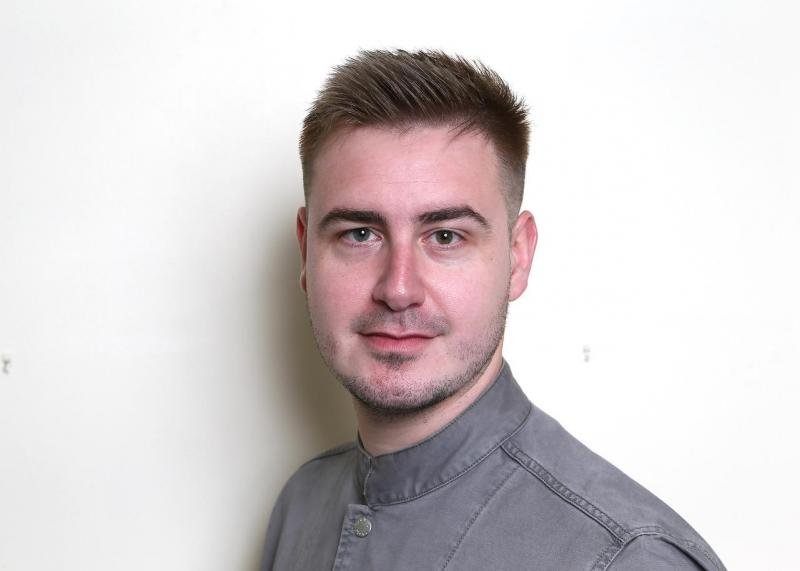MORE than 180 people have been waiting longer than a year for treatment at Barnsley Hospital - as the number of patients on the waiting lists still remains well above 20,000.
NHS England figures show 21,618 patients were waiting for non-urgent elective operations or treatment at the Gawber Road site at the end of July - down slightly from 21,770 in June, but an increase on 18,155 in July 2022.
Of those, 181 had been waiting for longer than a year.
The median waiting time from referral at an NHS trust to treatment at Barnsley Hospital was ten weeks at the end of July the same as in June.
Shadow health secretary Wes Streeting as branded the Prime Minister Rishi Sunak ‘the inaction man’ over rising waiting lists and said that patients are being forced to wait ‘an unacceptably’ long amount of time.
He added: “On the NHS, Rishi Sunak is Inaction Man, refusing to meet with doctors to end NHS strikes and adding to the Conservatives’ NHS backlog, leaving patients waiting for months on end in pain and agony.”
Separate figures show 1.6m patients in England were waiting for a key diagnostic test in July - the same as in June.
At Barnsley Hospital, 3,169 patients were waiting for one of ten standard tests, such as an MRI scan, non-obstetric ultrasound or gastroscopy at this time.
Of them, 103 had been waiting for at least six weeks.
Other figures from NHS England show that of 43 patients urgently referred by the NHS who were treated at Barnsley Hospital in July, 26 were receiving cancer treatment within two months of their referral.
A month previously - when 59 patients were referred - 41 were treated within 62 days.
In July 2022, 27 patients were treated within this period, out of 42 that were referred.
Professor Pat Price, of the CatchUpWithCancer campaign, said the cancer figures show ‘we are still massively short in hitting the government’s target of no more than 85 per cent of cancer patients waiting more than 62 days between urgent GP referral and their first treatment’.
“Today’s figures reveal that nearly 40 per cent of cancer patients are missing their life-saving cancer treatment - this is over double the government’s own target,” she added.
Ongoing strike action at Barnsley Hospital, which has been taking place this week and will begin again at the start of October, has been blamed by Sunak as one of the reasons why the backlog is still considerably high.
Professor Julian Redhead, NHS England’s national clinical director for urgent and emergency care echoed Mr Sunak’s comments on the impact of industrial action.
He said: “The figures show that despite ongoing pressures across the NHS, including record demand for emergency care this summer, and an increase in Covid cases during July and August, NHS staff are continuing to deliver for patients.”
A Barnsley Hospital spokesperson added: “The NHS and Barnsley Hospital are working hard to prioritise resources to protect emergency treatment, critical care, neonatal care, maternity, and trauma, and ensure we prioritise patients who have waited the longest for elective care and cancer surgery.
“We continue to use clinical prioritisation when listing patients for treatment.
“Patients can help us by only using emergency services in genuine cases of need.
“We are working to improve our patient communications, including texts, and ask patients to attend appointments so we make best use of time for both patients and staff.”



























